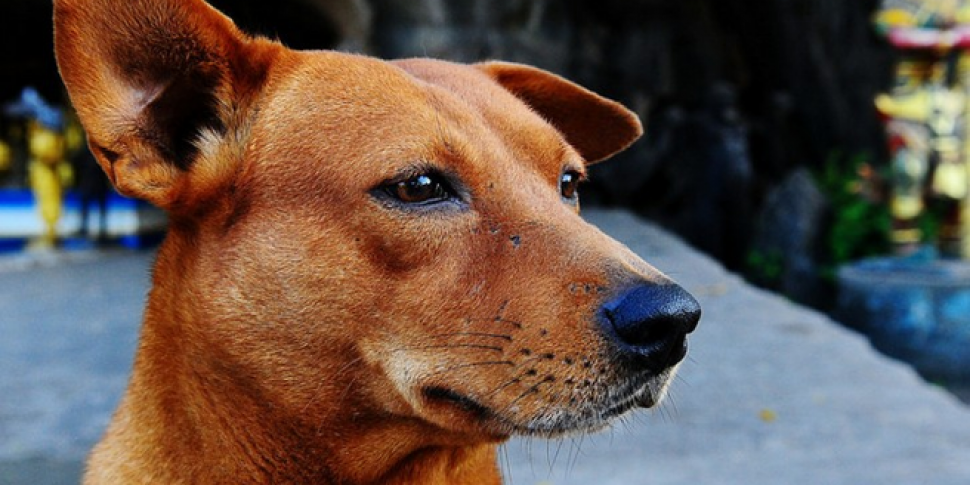While we know that man’s best friend can be trained to do any number of tasks, from rounding up sheep to sniffing out bombs, for most domestic households, about the best the average dog can muster is a response to a forceful command to sit. But according to a new study carried out by scientists at Yale University, it turns out your dog is just too clever to do the stupid things you tell him or her to do – unlike your children.
Dogs are less likely to follow the bad advice offered by their owners than children are that given by their parents, according to the research. Compared to children, dogs only bother to copy a human being’s actions if those actions are required to solve a task, according to the study that was published in the Journal of Developmental Science.
“Humans often fall prey to the bad advice of others,” said Laurie Santos, director of the Canine Cognition Center at the Connecticut-based university. “Children tend to copy all of a teacher’s actions, regardless of whether they are necessary or not.”
In previously published research, researchers noted that children will follow an adult’s lead, exerting extra effort for the same end goal; Dr Frank Keil carried out an experiment in which child subjects observed an adult solving a puzzle by first moving a lever and then removing the lid of a jar in order to pull out the prize inside. Despite the lever having no impact on the child’s ability to remove the lid, the children repeated both steps of the process, even when racing against each other to perform it as quickly as possible.
But a new study shows that dogs will skip the unnecessary actions performed by humans when there is an easier and faster way to solve a problem; in the test, the dogs were presented with their own canine-friendly version of a similar test to that presented to the children. When the researchers showed the dogs how to open a box to find the treat inside, complete with a redundant lever action, the dogs completely ignored it and simply opened the box. The researchers even found that this approach applied even to wild dogs, with the same experiment carried out on Australian dingoes, with the same results.
“Although dogs are highly social animals, they draw the line at copying irrelevant actions,” PhD candidate and the study’s lead author Angie Johnston told YaleNews. “Dogs are surprisingly human-like in their ability to learn from social cues, such as pointing, so were surprised to find that dogs ignored the human demonstrator and learned how to solve the puzzle on their own.
“One reason we’re so excited about these results is that they highlight a unique aspect of human learning,” Johnston said. “Although the tendency to copy irrelevant actions may seem silly at first, it becomes less silly when you consider all the important, but seemingly irrelevant, actions that children are successfully able to learn, such as washing their hands and brushing their teeth.”









